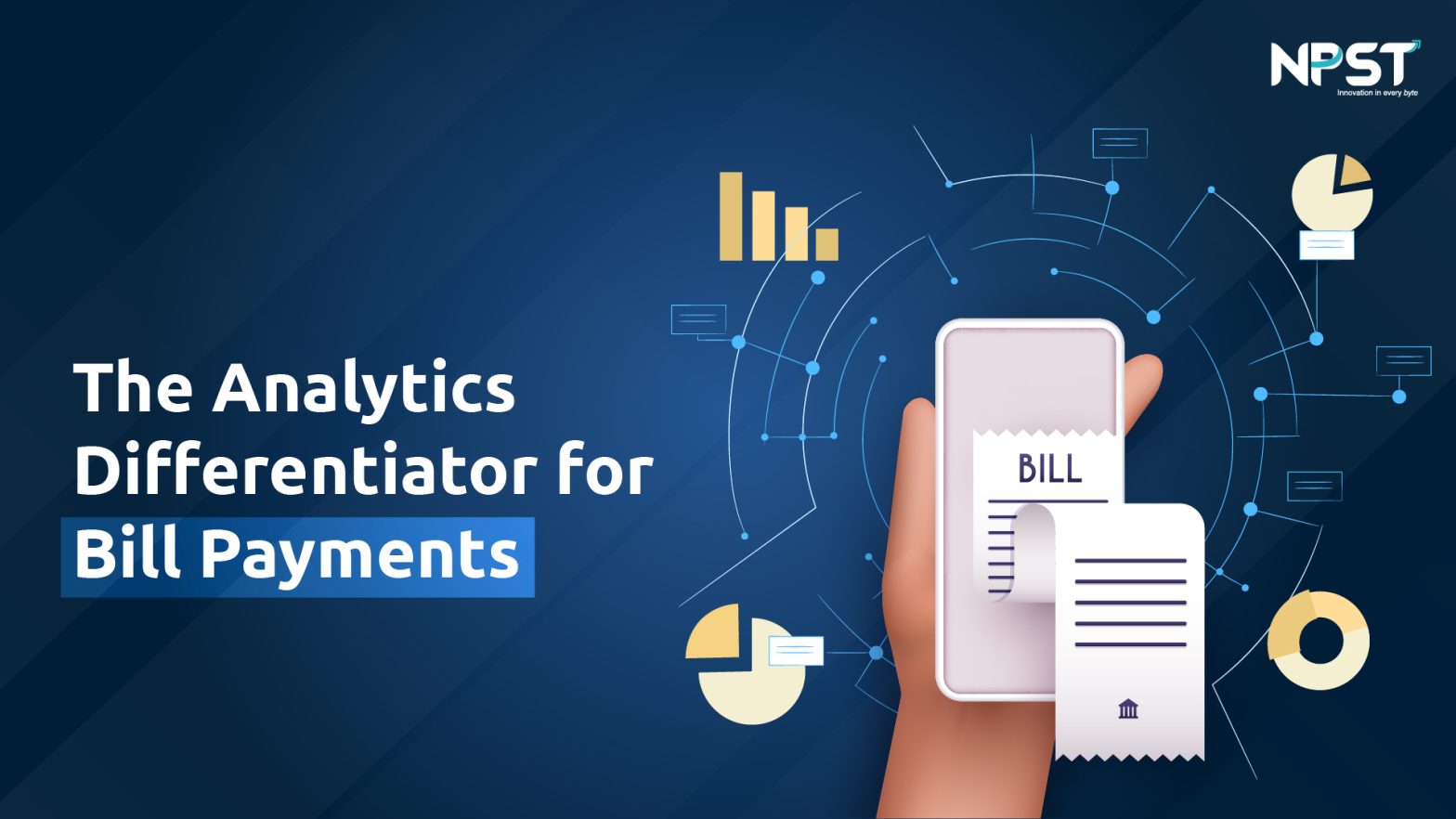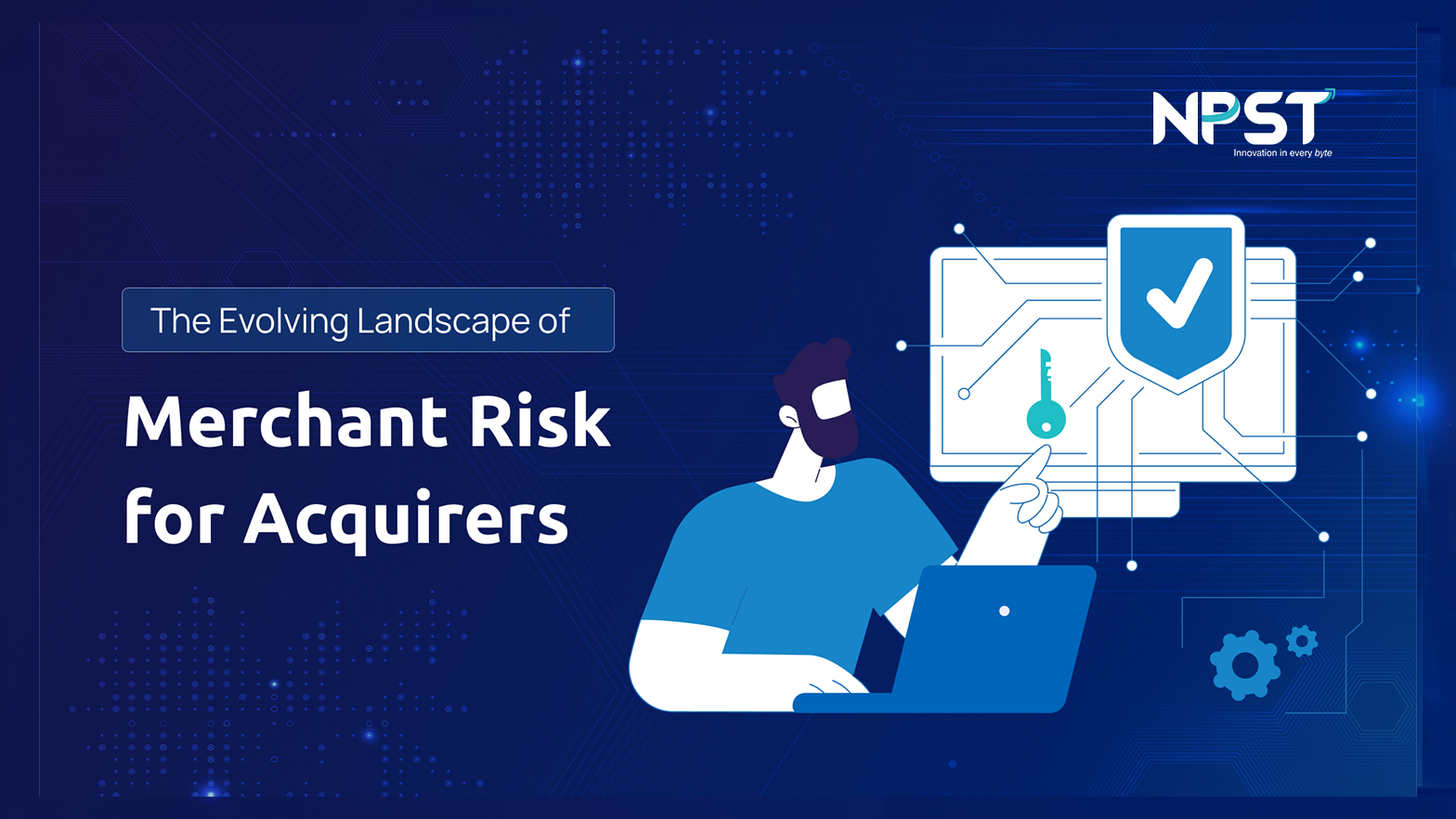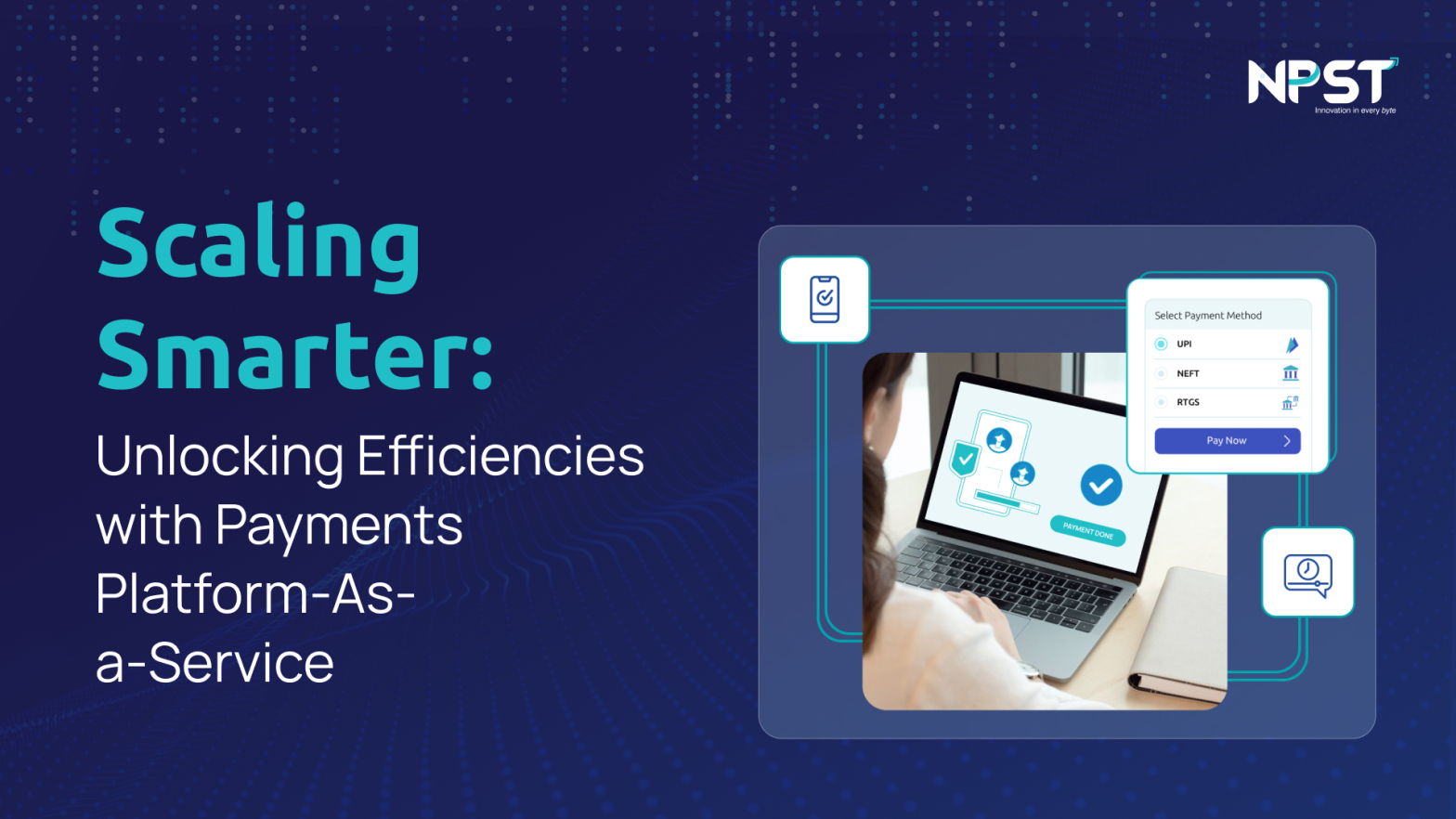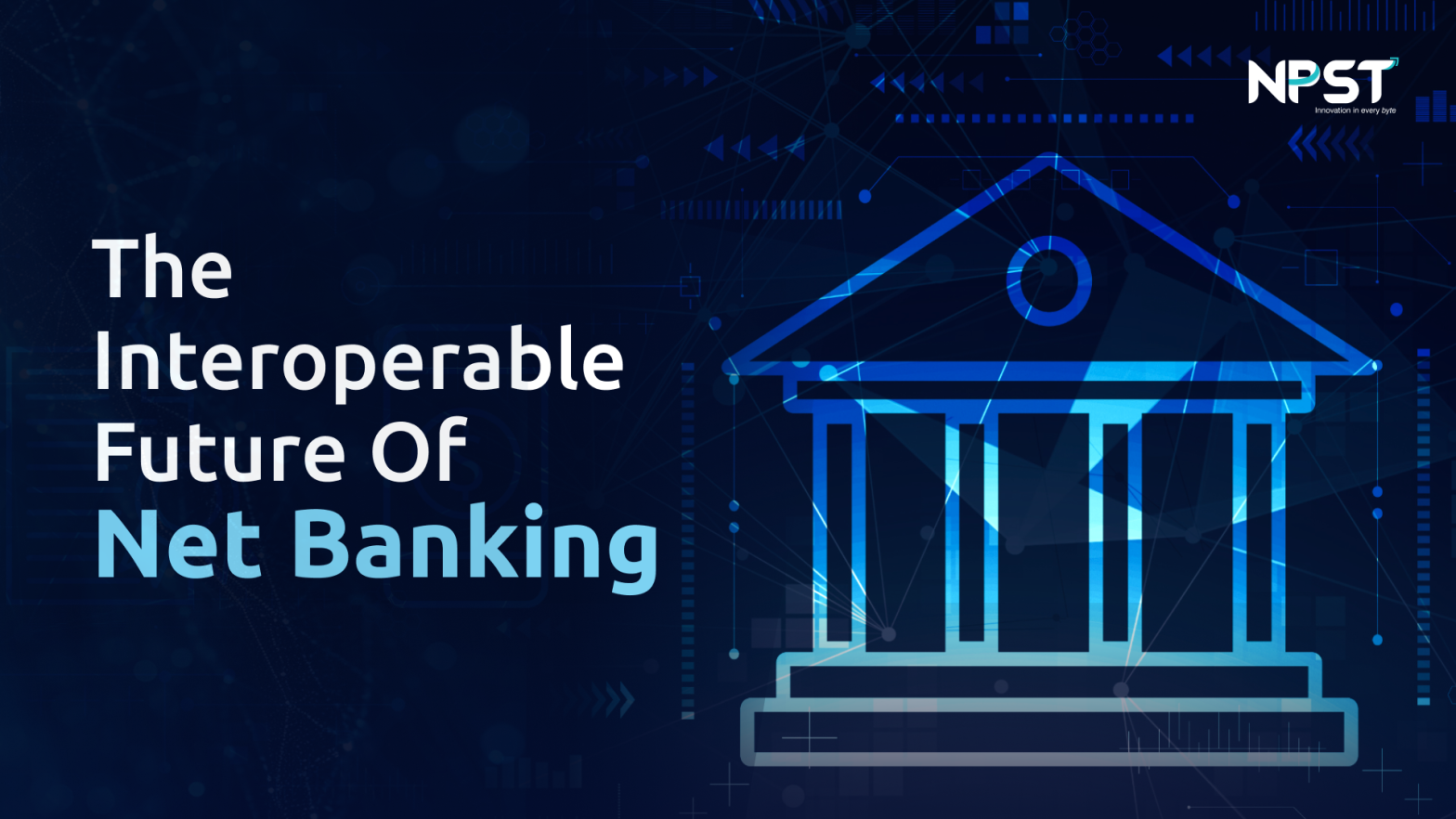Whether it’s a quick payment at your local Kirana store for groceries or purchasing the latest smartphone from an e-commerce sale, digital payments have seamlessly become an integral part of our daily financial interactions. In 2023-24, digital payments recorded an impressive 44.3% growth in volume and a 16.4% increase in value. This growth is made possible by the complex architecture of digital payments, where stakeholders such as banks, technology service providers, the National Payments Corporation of India (NPCI), payment apps, and payment aggregators collaborate to ensure smooth, efficient transactions.
This complexity creates vulnerabilities. According to the Reserve Bank of India (RBI), domestic payment fraud surged by 70.64% in just six months, reaching ₹2,604 crore by March 2024, up from ₹1,526 crore during the same period the previous year. The number of fraud cases also spiked, increasing to 15.51 lakh from 11.5 lakh in the prior six months.
Due to their inability to keep up with the rapidly changing threats, traditional fraud detection systems that use rule-based frameworks to identify suspicious transactions are losing their effectiveness. In today’s digital world, prevention must be prioritized over detection. Artificial intelligence (AI) may offer the answer to this problem.
AI-ML powered models, on the other hand, offer a flexible and robust alternative. AI excels in fraud detection through its rapid, accurate analysis of vast datasets. By carefully examining variables like velocity, geolocation, refunds, chargebacks, merchant data, device information, and other data points, machine learning models can identify minute trends in transaction data. This method highlights irregularities that conventional methods frequently overlook.
Through a feedback loop, these models improve their accuracy over time by continuously learning from both authentic and fraudulent transactions. As a result, there are fewer false positives and better real-threat detections, enhancing AI’s standing as a crucial instrument in the battle against fraud. The following are some ways that AI’s flexibility keeps fraud detection systems one step ahead of scammers:
Predictive Models: One of AI’s most significant contributions to fraud detection is its prediction power. Rather than simply responding to fraud after the fact, AI proactively identifies high-risk scenarios before they lead to financial losses. Take this example: between 10 a.m. and 10 p.m., an online retailer normally handles 100 orders every day, with prices ranging from ₹500 to ₹2,000. Suddenly, the system detects 1,000 orders with an average value of ₹15,000 occurring during unusual hours. AI immediately raises alarms, enabling banks and payment solution providers to investigate questionable transactions and curbing fraud before it causes harm.
Dynamic Trust Scoring: AI-powered platforms bolster merchant ecosystem security through dynamic trust scoring. These scores, derived from diverse data points, offer a comprehensive merchant reliability assessment. This AI-driven approach empowers acquirers to make informed decisions, effectively barring potential bad actors from the ecosystem. The trust scoring can further improve the security of the payment’s ecosystem. It enables acquirers to make well-informed judgments through shared intelligence. This AI-driven strategy successfully keeps possible negative actors out of the ecosystem.
Addressing Chargeback Fraud: Chargeback fraud significantly impacts the payment ecosystem, inflicting substantial financial losses through fees, penalties, and operational costs. AI-powered systems can analyse transaction data to identify hidden patterns and flag suspicious activities, such as those involving repeat offenders or dispute-prone low-value amounts platforms while minimizing chargeback losses. This AI-driven approach safeguards revenue and fosters a secure and efficient ecosystem.
Fostering a Secure Payments Ecosystem
According to the RBI’s most recent annual report, integrity, inclusivity, innovation, institutionalization, and internationalization are the five main pillars that will support digital payments in the future. Among these, fraud control is essential to preserving the integrity of the payment’s ecosystem.
According to the RBI’s most recent annual report, integrity, inclusivity, innovation, institutionalization, and internationalization are the five main pillars that will support digital payments in the future. Among these, fraud control is essential to preserving the integrity of the payment’s ecosystem.
AI-driven risk management solutions are becoming essential for protecting the payments environment as fraud tactics become more complex. These platforms can precisely anticipate, prevent, and minimize fraud by leveraging sophisticated algorithms, real-time monitoring, and comprehensive data analysis, guaranteeing the security of all parties involved. AI’s role in protecting the ecosystem will only grow more crucial as fraud risks continue to change, strengthening the security and confidence that underpin digital payments.
To schedule a demo contact sales@npstx.com
Explore More
We empower banks and payment aggregators to achieve success at every step of the transaction journey











